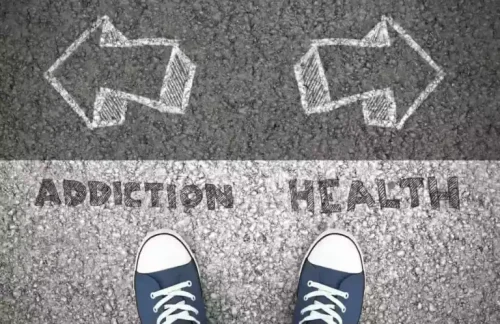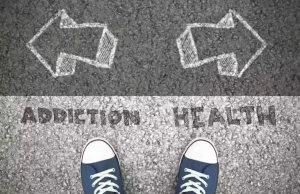
Whether or not you should return to treatment will depend on the severity of your lapse and the circumstances surrounding it. If the relapse consisted of a few hours or a few days, you may be able to veer back to your recovery path somewhat seamlessly. If you went on a multiple week-long bender, another round of treatment may be in order. Just like every addiction story is different, so is the path to recovery.
Progression of Withdrawal Symptoms

This will remind you of why what to do after a relapse you wanted to become sober in the first place, and how far you have come. As soon as a patient in recovery changes the way they think about addiction, believing it to be positive rather than negative, relapse becomes highly likely. Without battling feelings of relapse and the emotions that go with it, you are not able to personally develop.
What Are the Warning Signs That an Alcohol Relapse May Be Imminent?
- Vigilant observation of these symptoms is key in preventing Health complications and facilitating a more controlled experience throughout the detoxification process.
- Each approach addresses various aspects of alcohol use disorder (AUD) to promote recovery and long-term sobriety.
- Continue to take care of your mental health, attend support groups, and look out for other addictive behaviors.
- The likelihood of encountering delirium is particularly heightened among older alcohol consumers with substantial intake histories.
- This flexibility enables patients to maintain employment, education, and family responsibilities during their recovery process.
Unlike the Preparation stage, where plans are made, this phase involves direct engagement in alcohol detox, rehabilitation programs, therapy, and behavioral interventions. Individuals take concrete steps to break free from alcohol dependence, often requiring medical supervision and structured support. The most common triggers for alcohol relapse are emotional, social, and environmental factors. Identifying and understanding these triggers is crucial for developing effective relapse prevention strategies. Understanding these triggers and developing coping strategies to manage them are essential steps in maintaining long-term sobriety and preventing relapse.

The Benefits of Combining Trauma Therapy with Other Treatments

Getting the right support and aftercare will determine exactly how well a person will cope after the event of recovery. Substance abuse affects the way the brain functions and works, with difficulty focusing being a key symptom of withdrawal and cravings. Therefore, insomnia can lead the person to seek out coping mechanisms to help them sleep better, but it is important to remember that it does not actually help, not in the long term. There are plenty of addicts who use alcohol or drugs as a way to ‘sleep’ when they are suffering from insomnia. Being able to recognize the warning signs of a potential relapse can help to take preventative measures early on, and prevent the relapse from occurring if at all possible. Negative emotions like stress, anxiety, depression, anger, and even boredom are increasing risk factors for relapsing.

- This is the perfect last moisturizing step for day or night, a blend of growth factor peptides and exosomes that heal and hydrate.
- Let’s work together on leaving all of this behind and focus on the most important thing – your recovery.
- Alcohol recovery is a structured process designed to help individuals overcome alcohol dependence and achieve long-term sobriety.
- Handling a relapse well is one of the best ways to ensure a speedy return to the healthier, happier life you’ve chosen.
- This helps address the mental urges that accompany the thoughts during the mental relapse phase.
Alternately, peptides and growth factors are other good actives to seek out, both offering similar reparative and regenerative effects, she says. These may be things you think only a fancy skincare regimen or intervention from a dermatologist can achieve. But it turns, out the secret to healthier, better-looking skin may be as simple as giving up your nightly glass of Pinot. We are committed to healing everyone who enters our what is alcoholism doors from the inside out. No matter what stage our guests enter treatment, we strive to meet them right where they are.


0 Comment